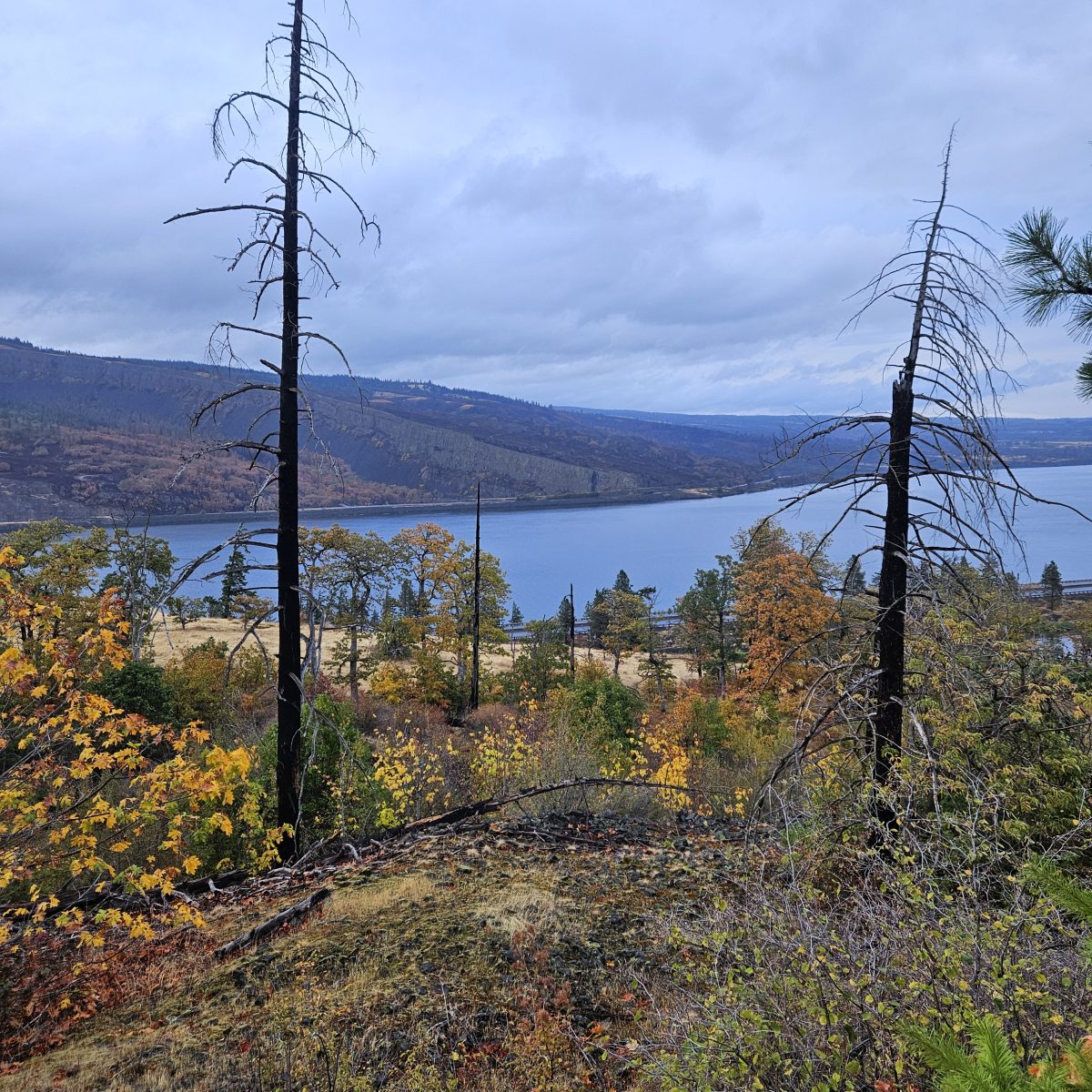Seeing the Game Through Valuation
What is truly “important” within a temporary incarnation?
The first big step is to look at our focus on meaning or aspirations the way that most people in colonialism do. This creates a dense web of hardened identity postures — behaviors, neurological patterns, tendencies, preferences, etc.
While this seems like it is individuating and self-actualizing, in fact it is moving you further away from your original nature.
One can argue that one must in fact, make things worse before one can appreciate how things were and how things are at their core.
So, once we have accumulated a bunch of hardened patterns, we feel lost, trapped, sick, etc… then we seek cures and solutions to this predictable predicament.
Now here is where nondual and dualistic worldviews diverge.
In the dualistic worldview, we keep adding things to improve. We add new techniques, methods, cure, victories etc that appear to solve the problems we have. In this model it is a never ending chase, running away from what you don’t want and running towards what you do want. In this model you always need more, always need something else to progress.
In the nondual worldview, we actually turn around, stop chasing and running, and begin to peel back what is already happening to experience who and what we are before and underneath all of that “stuff” that makes us “stiff”. We reduce and regress to progress. We discover and/or remember our original nature not by endlessly swapping out identities, roles, labels, etc. — but by recognizing how much exhaustion we are experiencing.
This exhaustion is caused by constantly valuing. The valuation process of x is better than y, and the endless reasons and justifications about why x is more valuable than y, are seen to be the root cause of our dissatisfaction with existence.
So, paradoxically we discover meaning not by finding out what meaning is more valuable, but by liberating ourself from value and resting in “valuelessness” which turns out to be Nature.
This plain, un-ornamented nature is what we call Original Nature and it is not occult (heterodox) nor is it cult (orthodox). It is a synthesis of being and doing which occurs spontaneously and interdependently without excessive and unnecessary waste. It is not a mystical experience but may appear mystical from the perspective of exhaustion.
Now, if we align our conduct to this worldview (aligning with nature) we discover that we cannot truly fail unless we hold onto debts, grudges, and various addictions and preferences — valuation.
Living in a society which rewards misconduct and punishes based on supremacist values opens us up to a situation which is precisely like a dream. This dream (or nightmare/hell) offers the opportunity of a lot of karma/fate in the form of hatred, grudges, blame, etc.
So we can then begin to see how layered practice is, and how subtle and sublime the term “meaning” is. If we seek to avoid gross and superficial ideas of meaning, we can attune our attention in nature as nature with nature which has no ultimate end goal — no salvation. This means there is no ultimate win-state, and thus no lose-state either, except for what we decide subconsciously based on our un-sublimated pain, fear and hunger/desire.
If you have followed me this far, you may now see why chasing “healing” is a trap, and why selling products for neurotics goes against original nature.
Even if we choose to try and help others, it can be like quicksand. Even “harm reduction” can lead to being pulled back to the default mode of cultural karma, with all of its incessant value comparisons and consequential exhaustion.
This leads to perpetual resentment of nature.
Nature is merely experience itself, without limit.
Even the experiences we hate, are natural for nature to experience.
Only via cultural bias do we end up entrenching a stiffness within our somatic form. The loss of flexibility, a flexible attitude which can experience freely yet without hoarding any emotional residue.
At a certain point, we must offload this emotional or energetic hoard. We must let go of the residue and any hope or wish of litigious resolution and victory over some perceived evildoer. We must stop feeling owed, and we must stop demanding others carry any debts.
Of course, without compassion and dignity all of this just seems like fantastic, utopian slop. And without compassion and dignity, it is.

